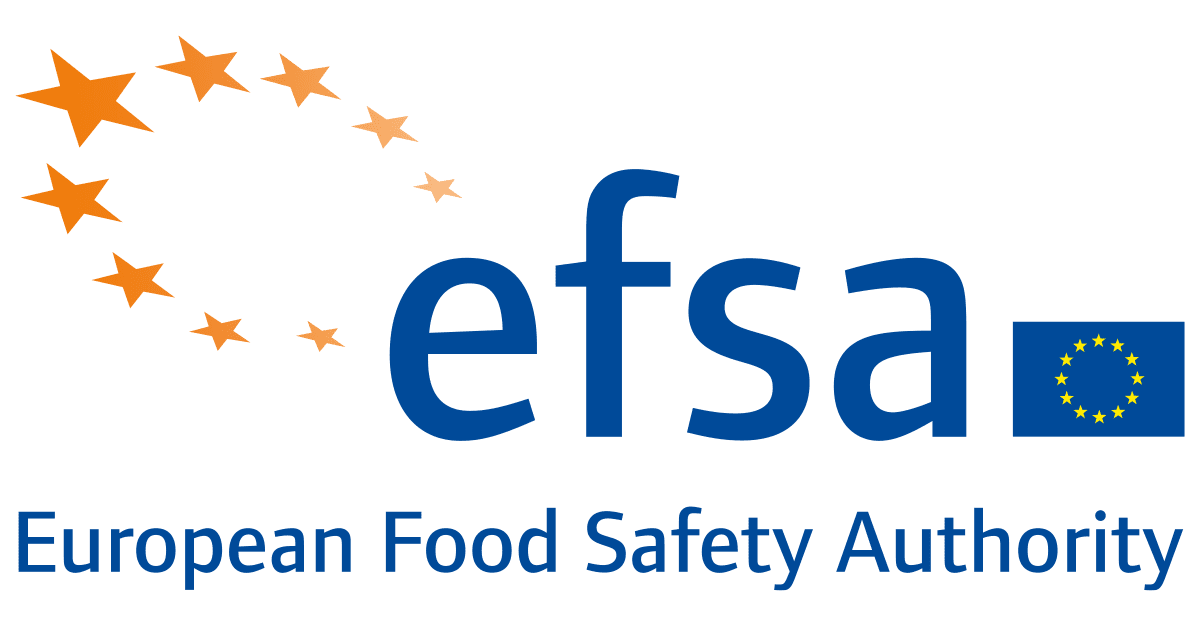Do you have a reference for this, I'd like to read it.

Dietary Reference Values for vitamin A
Following a request from the European Commission, the Panel on Dietetic Products, Nutrition and Allergies derived Dietary Reference Values for vitamin A. The Panel considered that a concentration of 20 µg retinol/g liver can be used as a target for establishing the Average Requirement (AR) for...
"At the FAO/WHO Expert consultation of 1998 (WHO/FAO, 2004), experts maintained the approach that had been proposed previously (FAO/WHO, 1988). The mean requirement was defined as the minimum daily intake of vitamin A required to prevent xerophthalmia in the absence of clinical or subclinical infection. A mean requirement of 4–5 μg/kg body weight per day was estimated from the depletion–repletion study by Sauberlich et al. (1974). Vitamin A mean requirements of 300 μg RE/day for men and 270 μg RE/day for women were proposed."
"Olson (1987) has proposed a minimum concentration of 20 μg retinol/g liver (0.07 μmol/g) (i.e. as free retinol and retinyl esters) as a criterion to define adequate vitamin A status, based on the following considerations: (1) no clinical signs of deficiency have been noted in individuals with this or a higher liver concentration; (2) at this concentration and above, the liver is capable of maintaining a steady- state plasma retinol concentration, as determined by the relative dose–response test in rats (Loerch et al., 1979) and humans (Amedee-Manesme et al., 1987); (3) biliary excretion of retinol increases significantly when liver stores rise significantly above this concentration in rats (Hicks et al., 1984)"
"Excretion of labelled retinol metabolites in bile of rats fed increasing amounts of retinol traced by [3H]-retinyl acetate was constant when hepatic retinol
concentrations were low (≤ 32 μg/g and increased rapidly (by eight-fold) as liver retinol concentration increased, up to a plateau at hepatic retinol concentration ≥ 140 μg/g (490 nmol/g) (Hicks et al., 1984). This increased biliary excretion may serve as a protective mechanism for reducing the risk of excess storage of vitamin A."
So, how much vA is needed to reach 20mcg/g liver levels?
"Ribaya-Mercado et al. (2004) investigated the relationship between dietary vitamin A intake and total body and liver retinol stores in a cross-sectional study in men and women aged 60–88 years in the rural Philippines. (...) the authors estimated a mean liver retinol concentration of 40 ± 17 μg/g in men and 40 ± 27 μg/g in women. The mean vitamin intake of the men and women with a liver concentration ≥ 20 μg retinol/g (0.07 μmol/g) (n = 53) was 135 ± 86 μg RAE/day (n = 27) and 134 ± 104 μg RAE/day (n = 26), respectively."
"The calculated mean liver vitamin A concentration of the Filipino elders (0.14 μmol/g liver) is also lower than values obtained by direct measurement of liver vitamin A in autopsies of subjects who were ≥ 60 y old at the time of death (values in μmol/g liver): 0.34 in Illinois (24), 0.44 in Canada (25), 0.57 in 5 US areas (Missouri, Iowa, Ohio, California, and Texas) (4), 0.57 in London (26), 0.93 in New Zealand (27), and 1.22 in Washington, DC (28)."
From all of the above info, I conclude that the amount of retinol that induces biliary excretion is very low, and probably around 300mcg. The biopsy studies show that most people have 10 times the 20mcg/g amount that is defined as "sufficient".
Everyone's needs are different. Someone who is active, builds muscle, gets a lot of sunlight, etc, can get away with more A.
Yes, there's of course individual variation, as always. But tendencies and patterns can still be observed. If you say one can get away with more, you imply it is toxic. The question is - at what point does this toxin magically turn into a vitamin?
The studies are clear, even a diet with only 100mcg of RAE does not induce any issues. So the only question is how much can you take before you start destroying your body. Intake above 200-300mcg seems to be toxic indeed and lead to the above mentioned results of liver biopsies showing overt toxicity in 1/3 or so of cases. The biopsy studies show that almost everyone has retinol amounts storted that induce this kind of biliary excretion.
Last edited:


